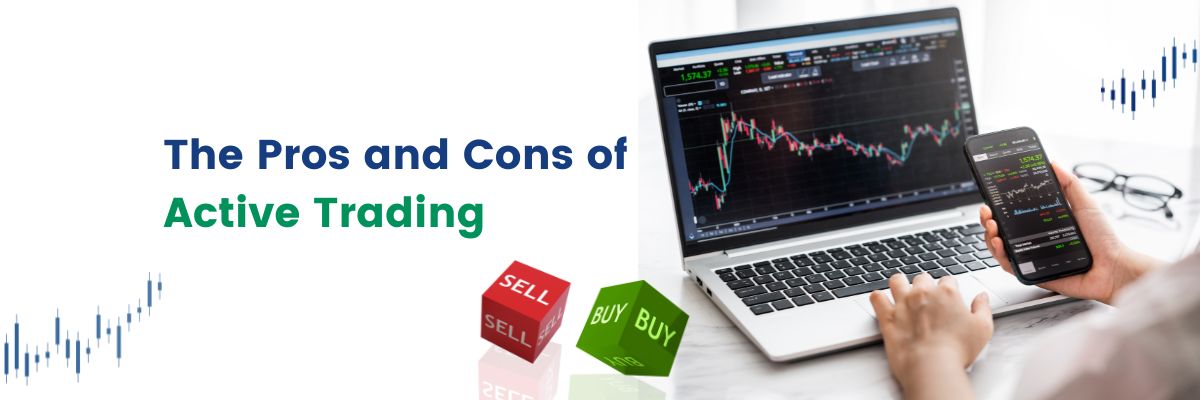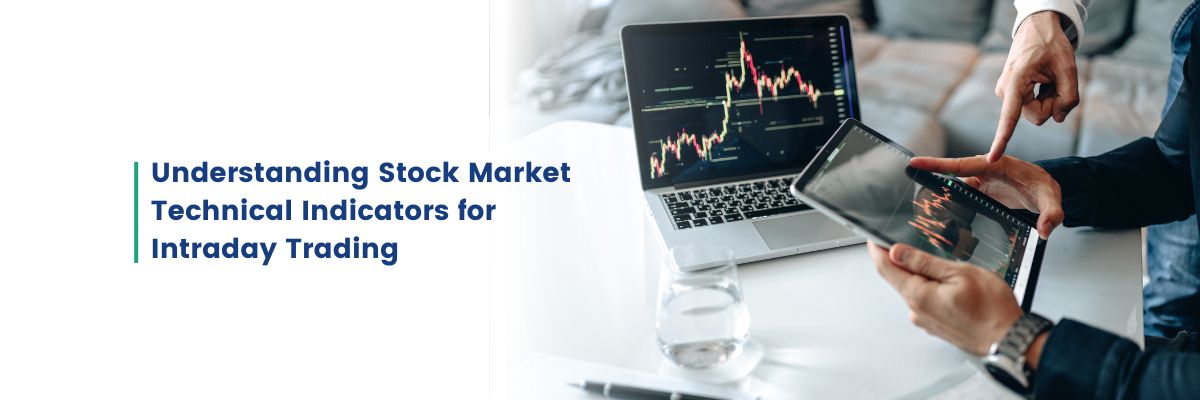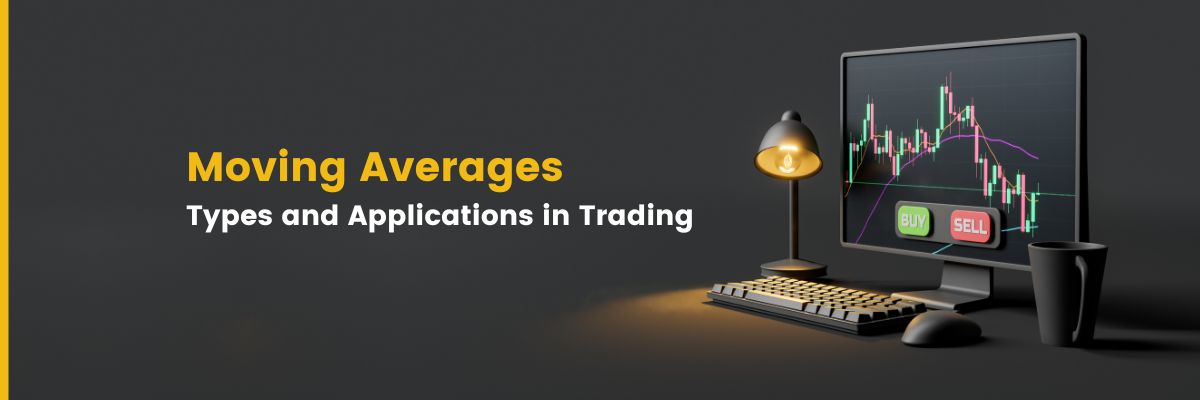Active trading is a popular trading strategy that involves frequent buying and selling of securities with the goal of generating short-term profits. While active trading can be highly rewarding, it also comes with its fair share of risks. In order to be successful in active trading, it is important to have a well-defined strategy and follow certain guidelines. In this blog post, we will discuss some effective strategies that can help traders achieve success in active trading.
Benefits of Active Trading
Active trading offers several benefits for individuals who are looking to actively participate in financial markets. One of the main advantages is the potential for higher returns compared to traditional long-term investing. By actively monitoring the markets and taking advantage of short-term price movements, active traders can capitalize on opportunities to generate profits. This potential for higher returns is one of the primary reasons why many traders are drawn to this form of trading.
Another significant benefit of active trading is the ability to quickly adapt to changing market conditions. Active traders are constantly analyzing market trends and news events to identify potential trading opportunities. This flexibility allows them to adjust their strategies and positions accordingly, maximizing their chances of success. In a volatile market, the ability to adapt quickly can be the difference between profit and loss.
Active trading also provides a sense of excitement and engagement with the financial markets. Unlike long-term investing, which requires patience and a more passive approach, active trading involves making quick decisions and taking immediate action. This active involvement can be intellectually stimulating and rewarding for those who enjoy the thrill of trading. It's a constant game of strategy and anticipation, which can be both challenging and exhilarating.
Challenges of Active Trading
While active trading offers numerous benefits, it also comes with its fair share of challenges. One of the main challenges is the high level of risk involved. Active traders are exposed to market volatility and the potential for significant losses. It requires a disciplined approach to risk management and the ability to handle the emotional ups and downs of trading. This high-risk nature of active trading is not suitable for everyone, and it's crucial for potential traders to understand and be comfortable with the risks involved.
Another challenge of active trading is the time commitment required. Successful active traders spend a significant amount of time analyzing the markets, researching potential trades, and monitoring their positions. This can be demanding and may not be suitable for individuals with limited time or other commitments. Active trading is not a passive activity; it requires constant attention and dedication.
Active trading also requires a certain level of skill and knowledge. It is essential to have a solid understanding of technical analysis, chart patterns, and market indicators. Without this knowledge, it can be challenging to make informed trading decisions and navigate the fast-paced world of financial markets. Therefore, education and continuous learning are key components of successful active trading.
The Importance of Trading Psychology
Trading psychology plays a crucial role in the success of active traders. It refers to the mindset and emotions that influence trading decisions. Having the right mindset is essential for managing risk, controlling emotions, and making rational trading decisions. A trader's psychology can often be the difference between success and failure in the markets.
One of the key aspects of trading psychology is discipline. Active traders must have the discipline to stick to their trading plan and follow their strategies consistently. This means avoiding impulsive trades based on emotions or external factors and sticking to their predetermined risk management rules. Discipline is what keeps traders grounded, helping them to make rational decisions even in the heat of the moment.
Another important aspect of trading psychology is managing emotions. Active trading can be emotionally challenging, as traders may experience fear, greed, and anxiety. It is crucial to develop emotional resilience and the ability to stay calm and focused during periods of market volatility. Emotional control is a vital skill for active traders, as it allows them to make clear-headed decisions, even when the market is in turmoil.
Additionally, active traders need to have realistic expectations and avoid falling into the trap of overtrading. Overtrading occurs when traders make excessive trades, often driven by the desire to make quick profits. This can lead to poor decision-making and unnecessary losses. Having a realistic trading plan and sticking to it can help prevent overtrading. It's important to remember that successful trading is not about making a profit on every trade, but about making profitable trades over the long term.
Strategies for Successful Active Trading
To navigate the fast-paced world of financial markets successfully, active traders can employ various strategies. One popular strategy is trend following strategy, which involves identifying and trading in the direction of established market trends. This strategy aims to capture profits from the momentum of the market. It's a strategy that requires patience and discipline, as traders must wait for the right moment to enter and exit trades.
Another strategy is breakout trading, which involves entering trades when the price breaks out of a defined range or pattern. Breakout traders look for significant price movements and aim to capitalize on the continuation of the breakout. This strategy requires a keen eye for detail and the ability to act quickly when a breakout occurs.
Range trading is another strategy commonly used by active traders. It involves identifying price ranges in which the security is trading and taking advantage of price reversals within that range. Range traders aim to buy at the bottom of the range and sell at the top, profiting from the price oscillations. This strategy requires a deep understanding of market patterns and the ability to predict price movements.
Conclusion
Active trading is indeed an art that demands a combination of skill, knowledge, and the right mindset. The potential for higher returns and the excitement it offers, however, come hand in hand with challenges and risks. Those who find success in active trading recognize the pivotal role of trading psychology, employ effective trading strategies, and possess the discipline to adhere to their meticulously crafted trading plans.
Navigating the fast-paced world of financial markets requires a well-rounded approach. Successful active traders remain attuned to the dynamic nature of markets, staying informed and adapting to changing conditions. This journey, though challenging, is undeniably rewarding for those who commit to continuous learning, adaptability, and resilience.
As you embark on your active trading journey, consider the advantages of Opening Demat cum Trading Account with GEPL Capital, one of the top full service stock broker in India. This versatile account provides you with a gateway to the world of active trading, allowing you to seamlessly manage your investments. Additionally, enhance your trading experience by downloading GEPL Pro Markets, our mobile trading app. With its user-friendly interface and powerful features, it empowers you to stay connected to the markets and execute trades with precision.
Take the first step toward achieving your trading goals by combining your skills and knowledge with the right tools and mindset. The path may be demanding, but with the right approach, success in active trading is within reach.
Before investing, don't forget to read the disclaimer—it's a small step that can save you from big surprises!







.webp)
